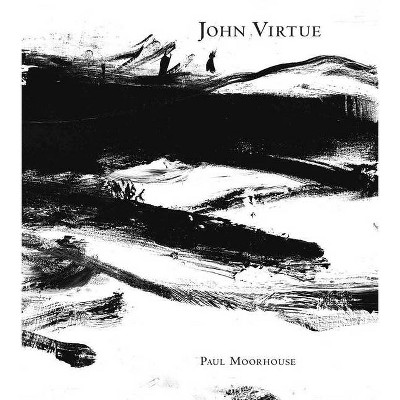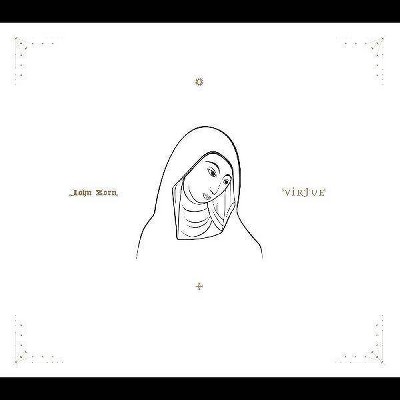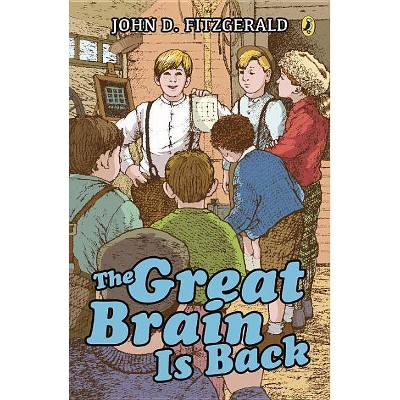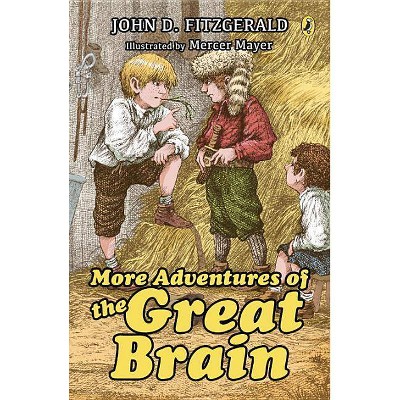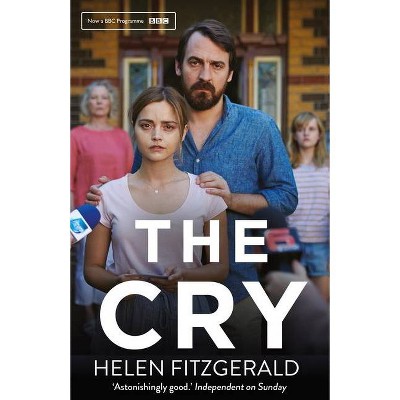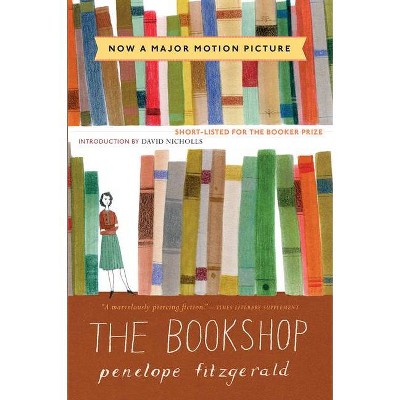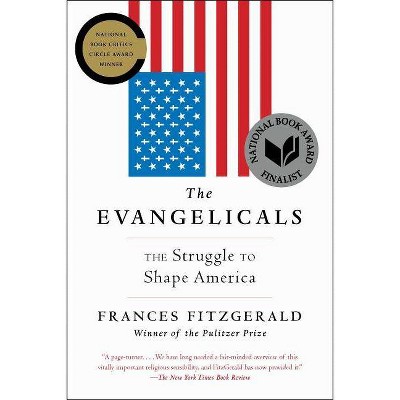The Seductiveness of Virtue - by John J Fitzgerald (Paperback)
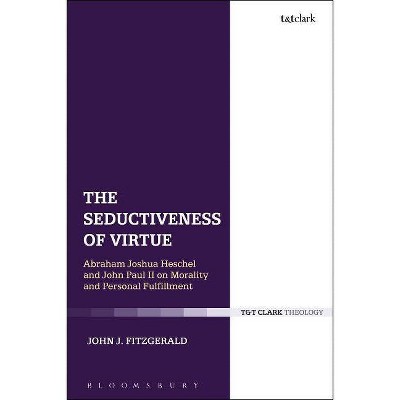
Similar Products
Products of same category from the store
AllProduct info
<p/><br></br><p><b> About the Book </b></p></br></br>Focuses on two significant 20th century theologians: Rabbi Abraham Joshua Heschel and Pope John Paul II and their deliberations on personal fulfilment.<p/><br></br><p><b> Book Synopsis </b></p></br></br>John J. Fitzgerald addresses here one of life's enduring questions - how to achieve personal fulfillment and more specifically whether we can do so through ethical conduct. He focuses on two significant twentieth-century theologians - Rabbi Abraham Joshua Heschel and Pope John Paul II - seeing both as fitting dialogue partners, given the former's influence on the Second Vatican Council's deliberations on the Jews, and the latter's groundbreaking overtures to the Jews in the wake of his experiences in Poland before and during World War II. <br/><br/>Fitzgerald demonstrates that Heschel and John Paul II both suggest that doing good generally leads us to growth in various components of personal fulfillment, such as happiness, meaning in life, and freedom from selfish desires. There are, however, some key differences between the two theologians - John Paul II emphasizes more strongly the relationship between acting well and attaining eternal life, whereas Heschel wrestles more openly with the possibility that religious commitment ultimately involves anxiety and sadness. By examining historical and contemporary analyses, including the work of the Fourteenth Dalai Lama, the philosopher Peter Singer, and some present-day psychologists, Fitzgerald builds a narrative that shows the promise and limits of Heschel's and John Paul II's views.<p/><br></br><p><b> Review Quotes </b></p></br></br><br><i>The Seductiveness of Virtue</i> brings two of the most fecund moral thinkers of the 20th century, Abraham Joshua Heschel and Pope John Paul II, into rich dialogue. John Fitzgerald's achievement in plumbing the depths of these two central figures, and bringing them into conversation with each other, is a substantial one. I highly recommend this volume for courses in ethics, moral theology, and interfaith dialogue.<br/>David P. Gushee, Mercer University and President of the American Academy of Religion, USA<br><br>A close comparison of the provocative mysticism of Abraham Heschel and the more systematic assertions of John Paul II gives readers of this book access to the very heart of the moral life - what after all is the good of good? Fitzgerald allows these two wise teachers to deepen and extend reflection upon basic existential questions that are so near to us in living and yet so difficult to think. A deceptive simplicity of style well serves the book's title.<br/>Susan Parsons, Studies in Christian Ethics Editor, UK<br><br>How does the duty to be moral relate to the search for happiness? This book draws on the thought of two great 20th century thinkers - one a rabbi, the other a pope - to address this question. The resulting discussion is a contribution to moral theology and also to interfaith understanding. It is well worth reading even, or perhaps especially, where the reader disagrees with some point of interpretation. For it demonstrates how disagreement is only possible against the background of more fundamental agreement. I recommend it highly as an example of how to bring distinct moral traditions into fruitful dialogue.<br/>David Albert Jones, The Anscombe Bioethics Centre, UK<br><p/><br></br><p><b> About the Author </b></p></br></br><b>John J. Fitzgerald</b> is Assistant Professor of Theology and Religious Studies at St. John's University in Queens, New York, USA. He holds degrees from Princeton University, the University of Notre Dame Law School, and The Catholic University of America, USA. His work concentrates on fundamental moral theology, health care ethics, and comparative ethics.
Price History
Price Archive shows prices from various stores, lets you see history and find the cheapest. There is no actual sale on the website. For all support, inquiry and suggestion messages communication@pricearchive.us
